Culture is inevitably created in a working environment, whether directly stated or not. The fact that individuals within the workplace perceive certain norms – what is accepted and rejected – formulates a certain way the workplace works.
This culture is often perpetuated and flourishes with social interactions that apply these norms; man is a social animal. When physical restrictions arose from COVID-19, companies transitioned to digital communications, creating the remote workplace model we know today.
With interactions now done in virtual spaces, how should remote work culture operate?

Generate a trust-driven workplace.
Work culture is built on trust, and trust is fostered by interactions. When employees trust each other, they become more open to productive relationships and positive interactions. It also allows an open line of communication and collaboration.
However, with limited opportunities to interact, employees cannot forge strong relationships that can otherwise provide a good foundation of a trust-driven work culture.
Employers must make way for more social interactions amidst the physical and virtual barriers. Start with pairs or small teams to establish trust and positive relationships, then gradually integrate these teams into a whole, comprehensive group. By doing so, employees are able to establish trust in small groups before they are introduced to a bigger group.
Create communication systems and set boundaries.
Encourage communication among all employees on everything work-related. Cultivate positive responses to questions and clarifications, and make sure that everyone receives and understands important work notifications.

It may also be beneficial to hold regular social events, albeit virtually, just to allow employees to loosen up and become more open with each other.
In choosing the communication platforms for the organization, opt for platforms that allow smaller channels of communication. These smaller channels can act as the alternative means for hallway conversations and small talks in a physical workplace. A workplace founded on open communication also grants the employees the chance to raise concerns and speak up to address emerging problems.

These personal conversations are also important in the entire workplace culture as it releases any tension or conflict among employees before they become significantly impactful in the relationship of employees.
Employers must recognize that excessive meetings can lead to employee fatigue, consuming time and draining energy before addressing their workload. This also results in work burnout that is detrimental to the performance of the employees.
Work notifications sent outside the work hours also may cause anxiety among employees. Therefore, employers must create a comprehensive system of communication that takes into account open communication lines during work hours and/or employees’ preferred communication schedules, especially among outsourced freelancers.
Establish the use of communication channels depending on the purpose. Determine when emails, chat, and phone calls are to be used to allow anticipation in terms of urgency. This also sets communication boundaries as different communication channels become more personal from emails to phone calls.

Set clear designations and tasks
Remote work models eliminate physical supervision. To augment this, employers must set clear and specific tasks among employees to keep track of responsibility and accountability. In addition, this prevents the overlapping of tasks and allows effective means of collaboration.
Given the diversity of people within an organization, problems are inevitable. But managing an effective workplace culture in a remote model can be attained by means of workplace collaboration: taking into account the needs and preferences of the employees and balancing these with the company’s goals.
Ready to Boost Your Productivity?
Discover how our expert virtual assistants can streamline your tasks and help your business thrive. Get in touch with us today to learn more about our flexible services and tailored solutions.
Contact us now or Book a free discovery call to see how we can support your business goals!



